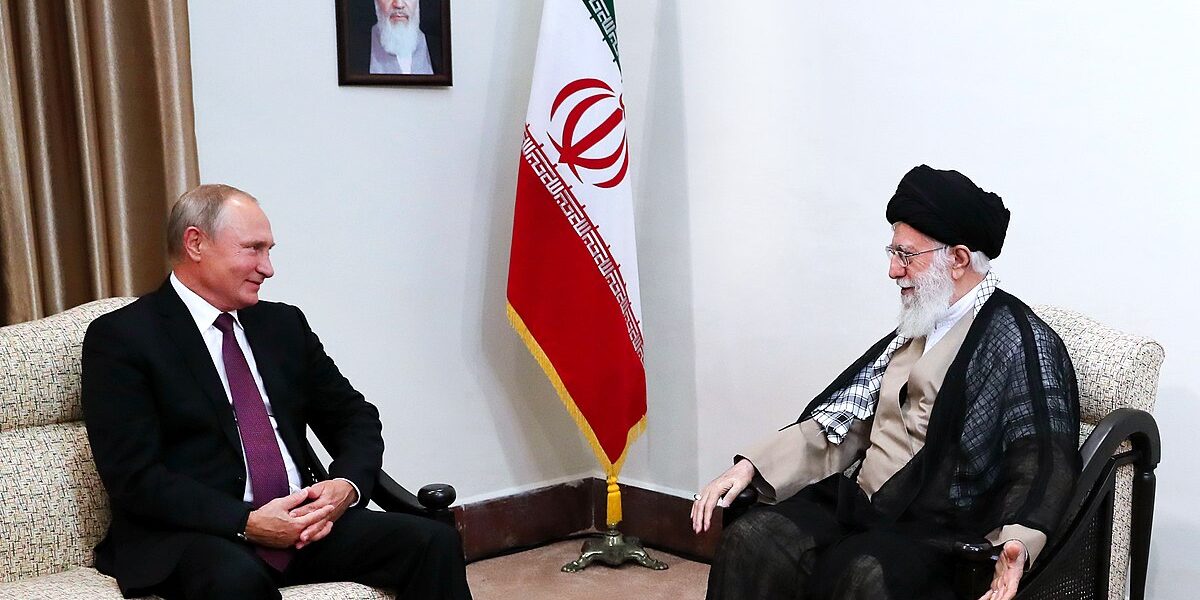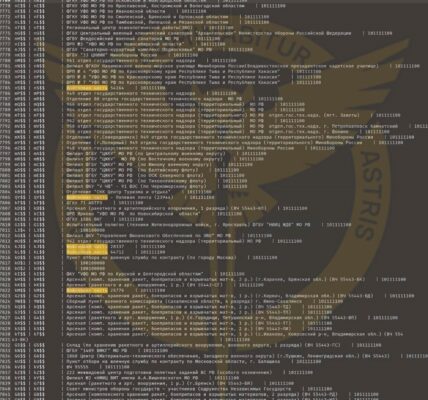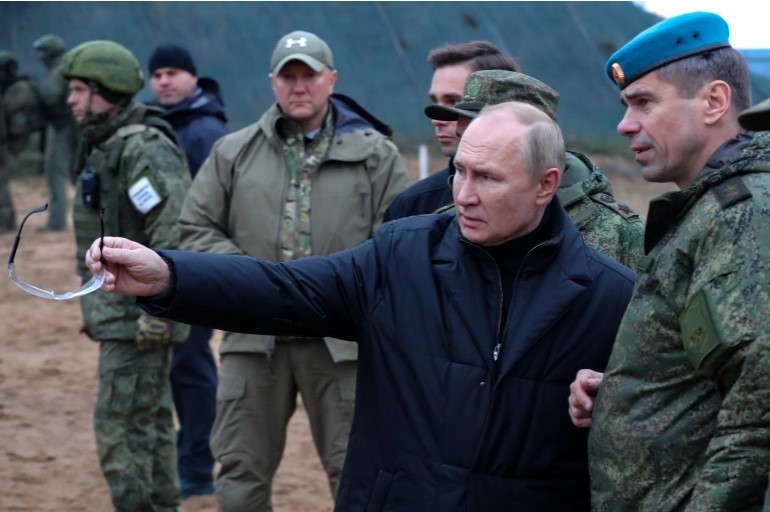Fighting Fire with Fire: Our Policy of Deterrence Towards Iran Lies in Tatters – Why the West Must Start Fighting Back
With Iran continuing its sabre-rattling in the Middle East, NSN speaks with Henry Jackson Society Senior Research Fellow Barak Seener, at the launch of his new report, Restoring Deterrence: Destabilising the Iranian Regime, where Seener calls for a new Iran policy of disproportionate response to Iranian aggression, including military strikes in Iranian territory, to destabilise the regime and scupper Iran’s nuclear weapons programme.
In this interview, Barak takes us through the complexities of Iran’s machinations in the Middle East, how they are using proxies to foster regional instability, and how a more robust and aggressive response to Iran and its proxies’ regional machinations will re-establish deterrence by threatening the regime’s sense of survivability.
Edited excerpts from the interview:
Could a more aggressive response result in an escalation in regional conflict?
I think that axiom would be legitimate if you’re talking about a rational actor. If there’s an actor that is behaving in a rational manner and it’s accountable to its population, then indeed a hostile act against it would lead to a dramatic reprisal. We’ve seen the inverse when it comes to Iran. We’ve seen a non -responsive approach, being hugely provocative, incurring greater disruptive behaviour by Iran. In turn, Iran is inching towards the nuclear status. As it inches towards becoming a nuclear power, if then it feels that it’s even less accountable. Could you imagine Hamas, the Houthis, Hezbollah conducting its attacks with a nuclear umbrella? It would be a disaster. One wouldn’t even be able to respond to their proxies. I actually think that projecting power in a greater manner onto Iranian soil to destabilise the regime will actually put the regime back in its box and ameliorate its actions.
On whether the West should target Iran’s nuclear weapons programme facilities?
I would target not only nuclear facilities, but drone and missile facilities, IRGC bases or senior IRGC personnel, and perhaps air defence capabilities and airfields, or their oil infrastructure, which would include refining and processing facilities. That would be a wide array of targets that are all geared towards destabilising the regime and make them incur a huge cost for their malign activities.
If we attacked strategically important Iranian facilities, my anticipated response from Iran would be that they would tell their proxies to quell their actions, to stop striking US facilities, stop striking US assets and Israel, and that this would undermine Iran’s entire regional strategy.
On whether this proposed new policy could unwittingly place Israel at higher risk from Iran and its proxies.
Iran has a strategy of uniting the arenas whereby it seeks to encircle Israel, while increasing its strategic depth and the way it does that is by its usage of proxies. The recent attack directly from Iran to Israel of rockets and missiles was a huge escalation and it was also unprecedented because until now, they just rely on their proxies and they even hide behind their proxies.
The Houthis are around 3000 kilometres from Israel, whereas parts of Iran are 1700 kilometres from Israel. They are really using their proxies to encircle Israel. Hezbollah in the north, Hamas in the south, now other jihadi organisations via Jordan and the West Bank, which can also destabilise the kingdom of Jordan. Therefore, by not holding the regime accountable, that puts both US assets in the region and Israel in a much more precarious position. In contrast, by willing to disproportionately respond and hold the regime accountable, that will actually shore up the security of both US and Israel in the region.
On Iran’s relations with China and Russia
They’re certainly building on those ties. For example, Iran is providing drones to Russia in its war against Ukraine. Russia, Iran, and China are studying the tactics deployed by Hamas and Hezbollah, which they use in their own respective theatres. And going back as well to the previous question as well, the international system has become so intertwined that if one relinquishes control in one sphere of influence, then your adversary flexes in another. For example, if Israel was to have a ceasefire with Hamas in Gaza, then Iran would think “we can flex our proxies to step up attacks in the north with Hezbollah or via the Houthis.”
Russia could think that the international community is not going to hold them to account in Ukraine causing them to step up attacks against Ukraine. China then could be observing these dynamics and consider whether the West would actually hold them to account if they take on Taiwan.
On the cyber risk posed by Iran
We saw in 2020, Iranian hackers target the US election infrastructure. Now in Israel in 2023, there was a 43 % surge in cyber-attacks against Israel’s entire infrastructure. UK Minister for Security Tom Tukentut has spoken about the evolving threat and the evolving capabilities of Iran’s cyber security capabilities.
Iran is enhancing their cyber capabilities and it also stands to reason that they would do so because if they are denied conventional parts, if they cannot upgrade their militaries, right, which led to a helicopter crash of their former president, if their infrastructure has eroded to such a great degree, then they need to enhance in the few outlets that they do have. And that would be nuclear and cyber.


































































































































































































































































































